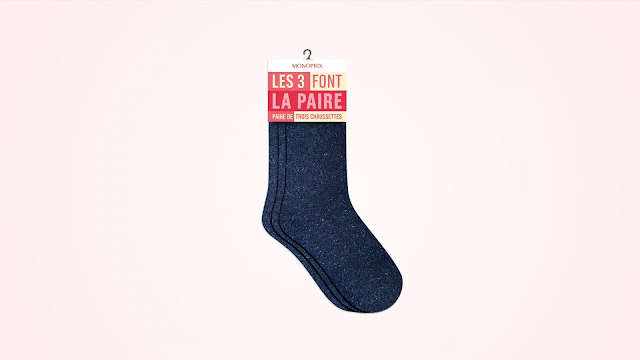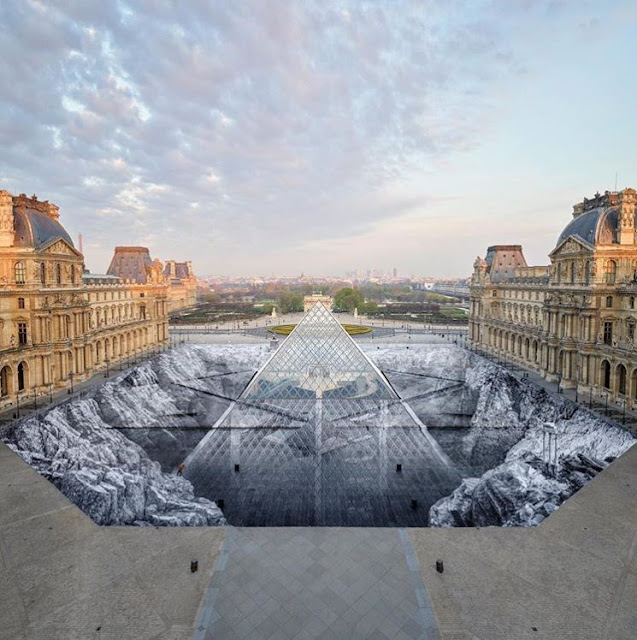Review: Cézanne et moi
Paris at the end of the 19th century was a
veritable hub of creativity. A plethoric number of the world’s most iconic and
talented artists were all rubbing shoulders in Montmartre on a daily basis,
huddling in rustic Parisian cafés, arguing fervently on the direction in which their artistic
outputs should develop. Artists such as Manet, Monet, Pissarro, Renoir, Van Gogh, and
Degas all conversed and clashed regularly, not to mention the myriad of writers
including Maupassant, Huysmans and Alexis. This created an immense buzz around
the French Capital, which was truly the beating heart of innovation and
originality of the time.
Amongst these famous faces were two of the most archetypal creatives of a generation: Paul Cézanne and Emile Zola. The first, referred to by Picasso as “the father of us all” and undoubtedly one of the most influential painters ever lived, the second, one of the greatest novelists to ever have picked up a pen. Incredibly, the two were also great childhood friends, growing up together in the South of France in Aix-en-Provence, and the film Cézanne et moi recounts their amazing and tumultuous friendship throughout the pair’s lives.
Cézanne was first to the Parisian scene, facilitated by a generous allowance from his very wealthy father, whilst Zola eventually scraped enough money together to join his great friend and begin socialising with the artistic entourage. However, as Zola started to gain success with his novels, Cézanne (like many artists of the time) struggled to establish himself, joining the ranks of the “refusés” (artists refused by Le Salon, including many Impressionists) but coining himself “refusés des refusés” claiming (martyrishly in Zola’s opinion) that even they refused to accept that his work was revolutionary.
Their friendship waned as Paul started to see flickers of himself in some of the characters in Zola’s novels and hating that Emile was using his artistic failure as inspiration for his literature. The more Zola succeeded, the more Paul seemingly resented him, exploding at him in fiery arguments about Zola abandoning his roots and cosying up with the bourgeoisie (a social group Cézanne hated more than anything in the world).
The film is excellent, depicting the peaks and troughs of this deep, sentimental relationship in which both of them clearly had mutual adoration for the other but often struggled to show it. Cézanne is played by Guillaume Galienne, expertly portraying the fierce passion the artist had for art, the frustration that came with repeated failure and rejection by the artistic masses, and the deep, deep love he had for Zola. Guillaume Canet sensitively plays Zola: a more thoughtful, inquisitive man, profoundly passionate about writing, evasive of conflict, but immensely respectful and fully aware (unlike many contemporaries) of the talent his friend Paul possessed. It’s emotional and sad to learn of the many years these two great friends spent distanced from each other, owing to arguments they had over the years, but fascinating to learn more about two of the 19th century’s greatest artists and how they influenced each other along the way.
It’s well worth a watch and will be particularly alluring for any art or literature buffs, check out the trailer here.
Amongst these famous faces were two of the most archetypal creatives of a generation: Paul Cézanne and Emile Zola. The first, referred to by Picasso as “the father of us all” and undoubtedly one of the most influential painters ever lived, the second, one of the greatest novelists to ever have picked up a pen. Incredibly, the two were also great childhood friends, growing up together in the South of France in Aix-en-Provence, and the film Cézanne et moi recounts their amazing and tumultuous friendship throughout the pair’s lives.
Cézanne was first to the Parisian scene, facilitated by a generous allowance from his very wealthy father, whilst Zola eventually scraped enough money together to join his great friend and begin socialising with the artistic entourage. However, as Zola started to gain success with his novels, Cézanne (like many artists of the time) struggled to establish himself, joining the ranks of the “refusés” (artists refused by Le Salon, including many Impressionists) but coining himself “refusés des refusés” claiming (martyrishly in Zola’s opinion) that even they refused to accept that his work was revolutionary.
Their friendship waned as Paul started to see flickers of himself in some of the characters in Zola’s novels and hating that Emile was using his artistic failure as inspiration for his literature. The more Zola succeeded, the more Paul seemingly resented him, exploding at him in fiery arguments about Zola abandoning his roots and cosying up with the bourgeoisie (a social group Cézanne hated more than anything in the world).
The film is excellent, depicting the peaks and troughs of this deep, sentimental relationship in which both of them clearly had mutual adoration for the other but often struggled to show it. Cézanne is played by Guillaume Galienne, expertly portraying the fierce passion the artist had for art, the frustration that came with repeated failure and rejection by the artistic masses, and the deep, deep love he had for Zola. Guillaume Canet sensitively plays Zola: a more thoughtful, inquisitive man, profoundly passionate about writing, evasive of conflict, but immensely respectful and fully aware (unlike many contemporaries) of the talent his friend Paul possessed. It’s emotional and sad to learn of the many years these two great friends spent distanced from each other, owing to arguments they had over the years, but fascinating to learn more about two of the 19th century’s greatest artists and how they influenced each other along the way.
It’s well worth a watch and will be particularly alluring for any art or literature buffs, check out the trailer here.



Comments
Post a Comment